Reishi (Ganoderma lucidum), also known as Lingzhi, has been used for over 2,000 years in Traditional Chinese Medicine to promote longevity, vitality, and immune balance. Today, it’s one of the most widely used medicinal mushrooms, available in teas, powders, extracts, and capsules.
While reishi is generally considered safe for most healthy adults when taken in moderate amounts, it’s important to understand that even natural remedies can cause side effects in some individuals — particularly with long-term or high-dose use.
Digestive Upset
Possible symptoms:
-
Nausea
-
Upset stomach
-
Diarrhoea or loose stools
Why it happens:
Some of reishi’s active compounds, particularly triterpenes and polysaccharides, can cause mild digestive irritation in sensitive individuals. This is more common with high doses or when reishi is consumed on an empty stomach.
How to minimise:
-
Start with small doses and increase gradually.
-
Take with food to reduce stomach sensitivity.
Dry Mouth, Throat, and Nose
Some people report dryness in the mouth, throat, or nasal passages after taking reishi regularly. In Traditional Chinese Medicine, this is considered part of its “drying” nature.
Tips:
-
Ensure adequate hydration.
-
Reduce dosage if dryness becomes uncomfortable.
Blood Pressure and Blood Sugar Effects
Reishi may have a natural blood pressure–lowering and blood sugar–balancing effect. While beneficial for many, these effects could interact with medication.
Who should be cautious:
-
People taking antihypertensive (blood pressure) medication.
-
People taking insulin or other blood sugar–lowering drugs.
Blood-Thinning Properties
Some studies suggest reishi may have mild anticoagulant (blood-thinning) effects.
Consider avoiding if:
-
You’re taking prescription blood thinners (e.g., warfarin).
-
You have a bleeding disorder.
-
You’re scheduled for surgery (stop at least 2 weeks beforehand).
Allergic Reactions
Although rare, reishi can cause allergic reactions, particularly in those sensitive to mushrooms.
Possible signs:
-
Skin rash or itching
-
Respiratory irritation
-
Swelling of lips, tongue, or throat (seek urgent medical attention)
Safety in Pregnancy and Breastfeeding
There is not enough reliable research on reishi’s safety during pregnancy or breastfeeding. Traditionally, it has not been considered a first-line herb for these stages, so it’s best to avoid use unless under the guidance of a qualified practitioner.
Safe Usage Guidelines
-
Start low: Begin with the lowest effective dose and gradually increase.
-
Monitor response: If you experience persistent side effects, stop and consult a healthcare provider.
-
Choose quality: Look for organic, dual-extracted, and lab-tested products to ensure purity and potency.
-
Cycle use: For long-term users, consider taking breaks every few months.
Reishi mushroom is a powerful adaptogen and immune-supportive fungus with centuries of safe traditional use. Most people tolerate it well, especially at moderate doses. However, certain individuals — especially those on blood-thinning or blood pressure–lowering medication, or those with mushroom allergies — should use reishi with extra caution.
By choosing high-quality products, starting slowly, and being mindful of individual sensitivities, you can enjoy reishi’s many potential benefits while minimising the risk of side effects.
Australian Grown Reishi Mushroom PowderA powerful supplement for your health and wellness. Order Now |

|
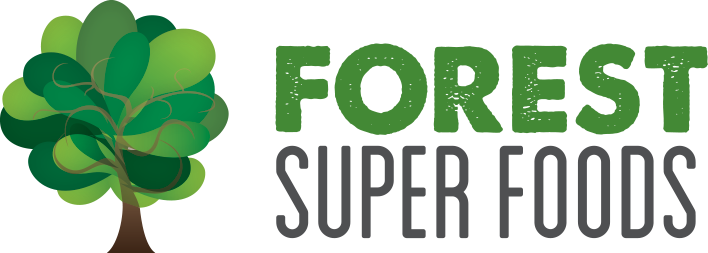


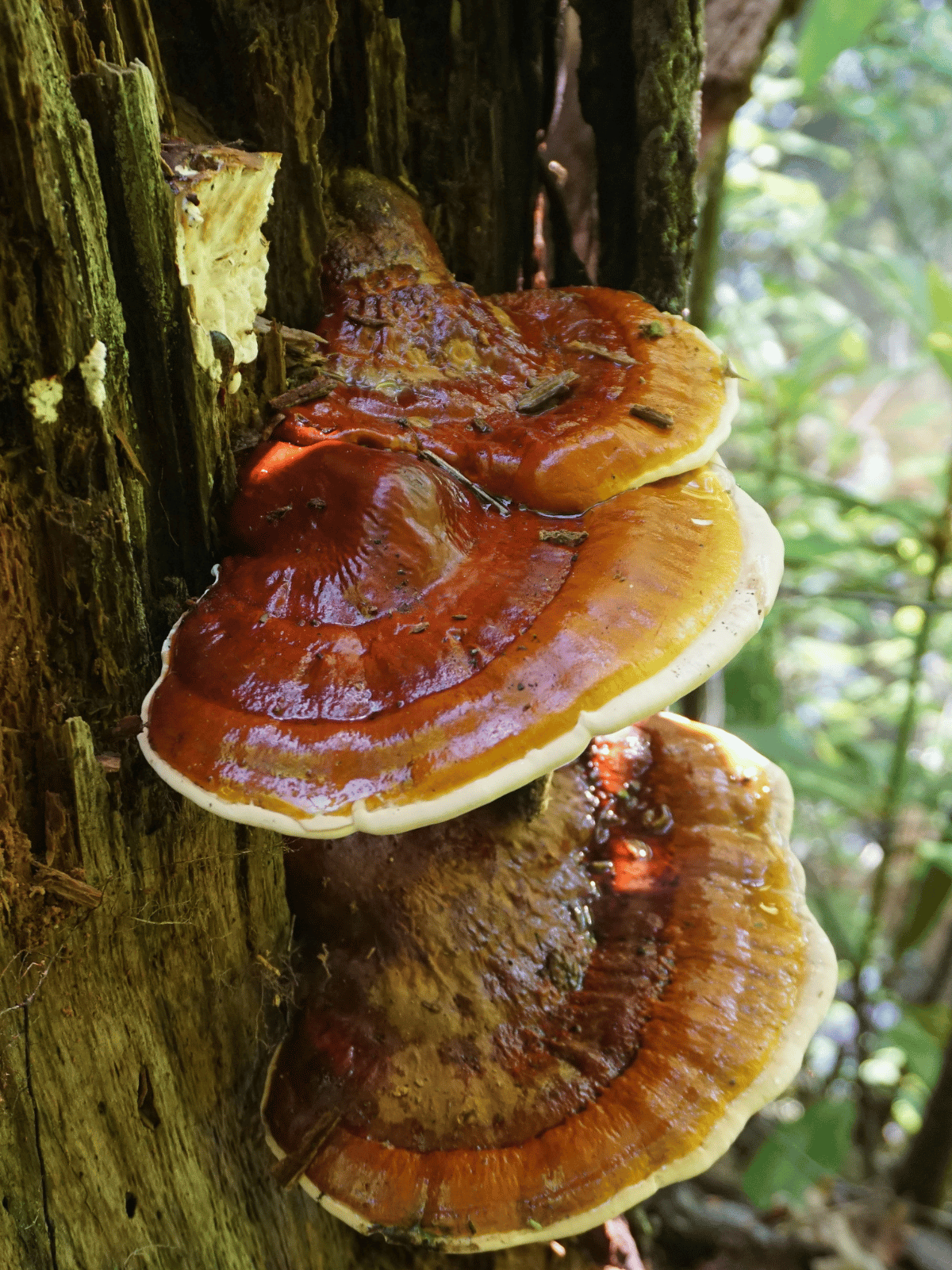



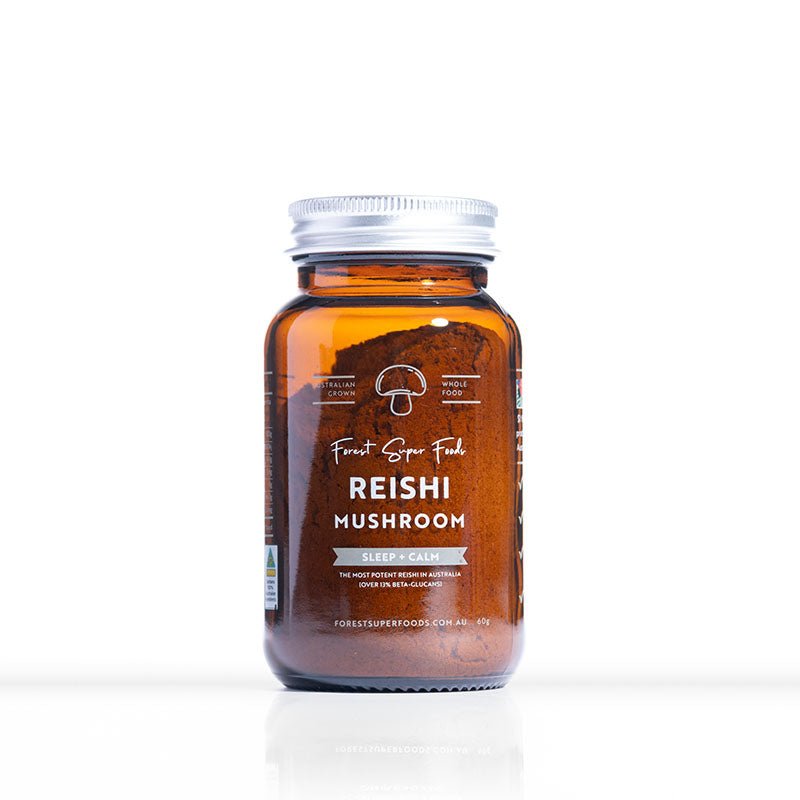
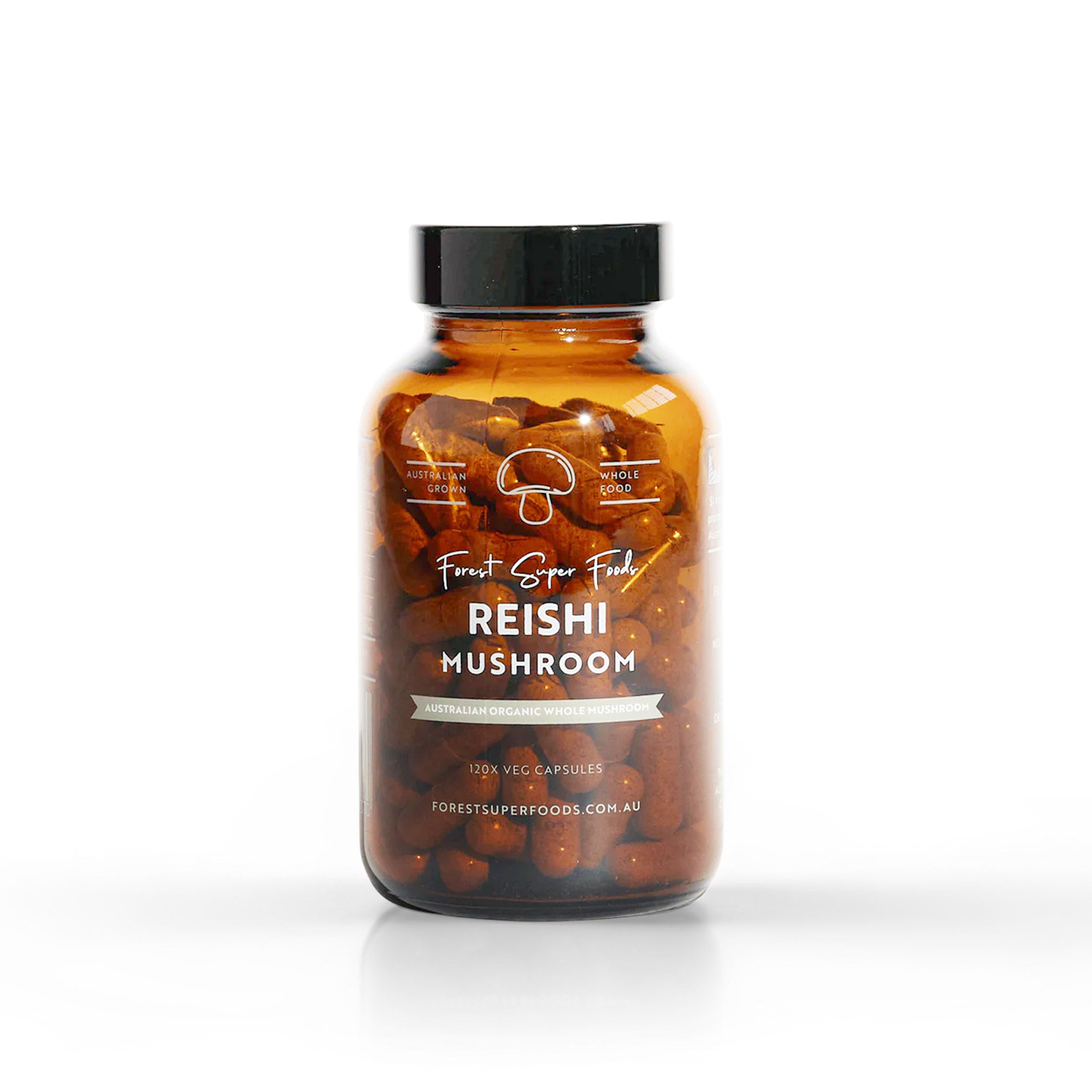
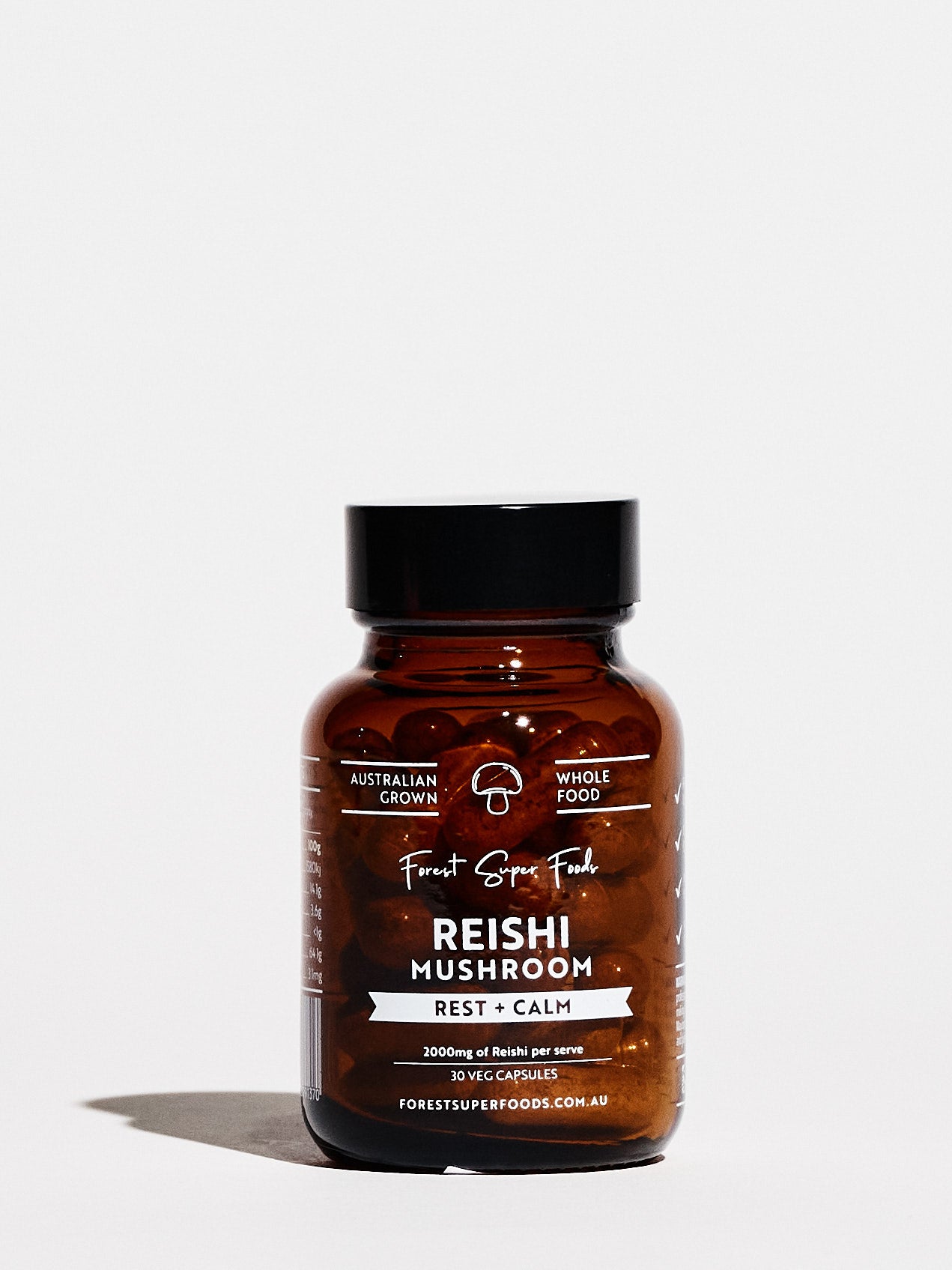
Leave a comment
All comments are moderated before being published.
This site is protected by hCaptcha and the hCaptcha Privacy Policy and Terms of Service apply.